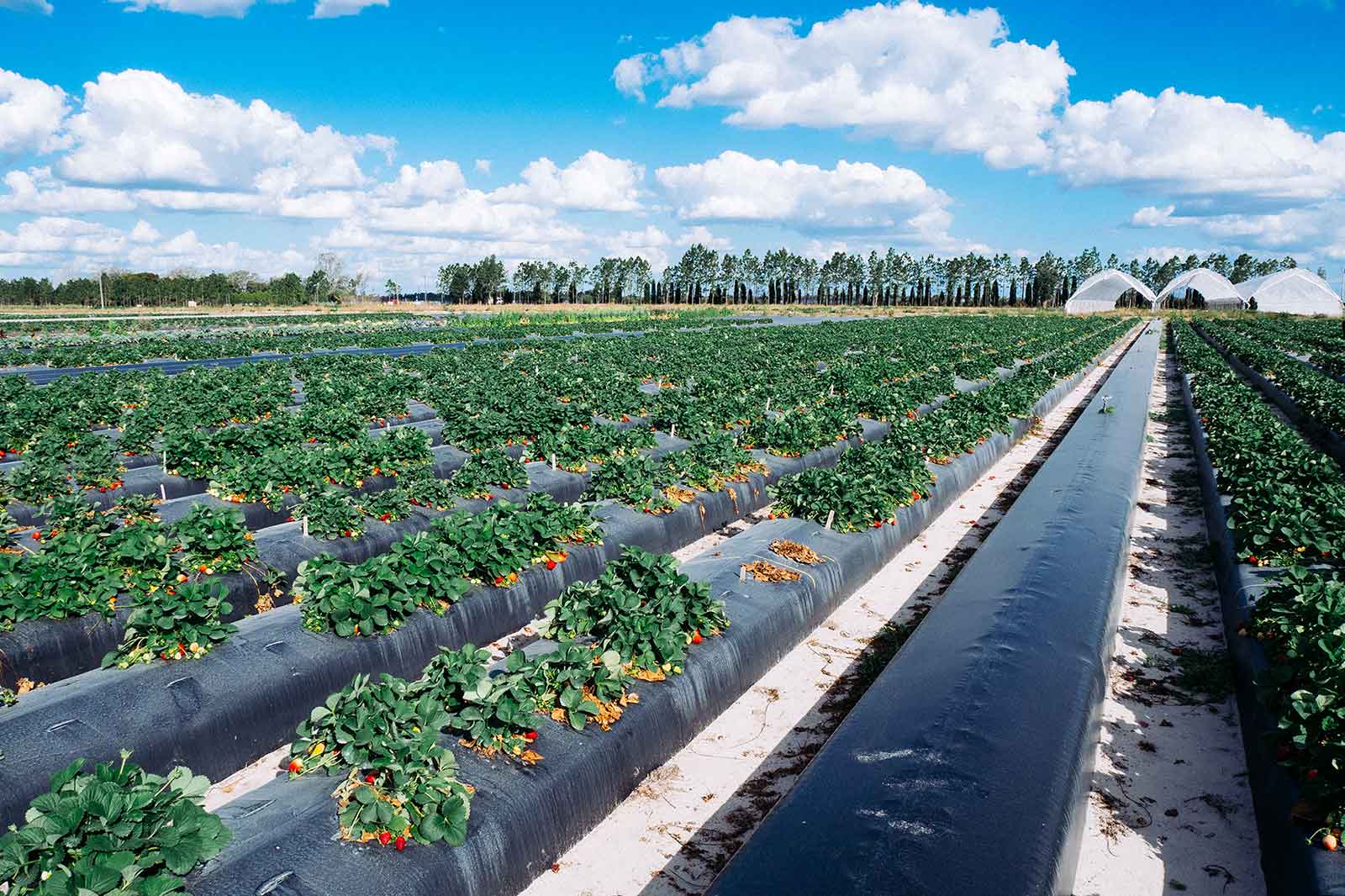“We welcome this recognition of the environmental benefits of these bioplastic products”, commented François de Bie, Chairman of European Bioplastics (EUBP). “Bio-based and soil-biodegradable mulch films help both in reducing dependence on fossil carbon sources by using renewable carbon instead and by playing a valuable role in reducing residual plastic pollution in soil, which can significantly impact agricultural productivity”.
The FAO study focuses on agricultural plastic products used in a range of different value chains. A qualitative risk assessment, which accompanies the study, analyses 13 specific agricultural products. “Significantly, for six out of 13 assessed products, biodegradable, bio-based plastics are recommended as preferable substitutes for conventional plastic material,” said de Bie. The list of recommended products included mulch films, fishing gear, polymer coated fertilizers, tree guards and shelters, plant support twines, and pesticide impregnated fruit protection bags.
Marine environment
The FAO report also emphasises the need to develop polymers that are biodegradable in the marine environment. “Although any kind of littering should be avoided, a certain level of unavoidable loss of fishing gear will always take place. Therefore, it is important to foster the adoption of marine-biodegradable solutions”, stated the Chairman of EUBP. In the case of used products contaminated with fish residues, such as fish collection boxes, biopolymers, according to FAO, may ease the organic recycling process.
Commenting on the study, Hasso von Pogrell, Managing Director of EUBP said: “An appropriate policy framework for bio-based, biodegradable and compostable plastics is needed to capture potential for innovation and the economic, environmental and societal sustainable benefits of these products for the European Union.”
Image: Feng Cheng/Shutterstock


